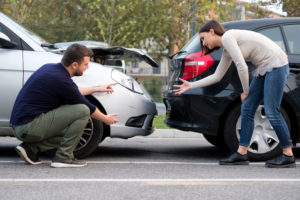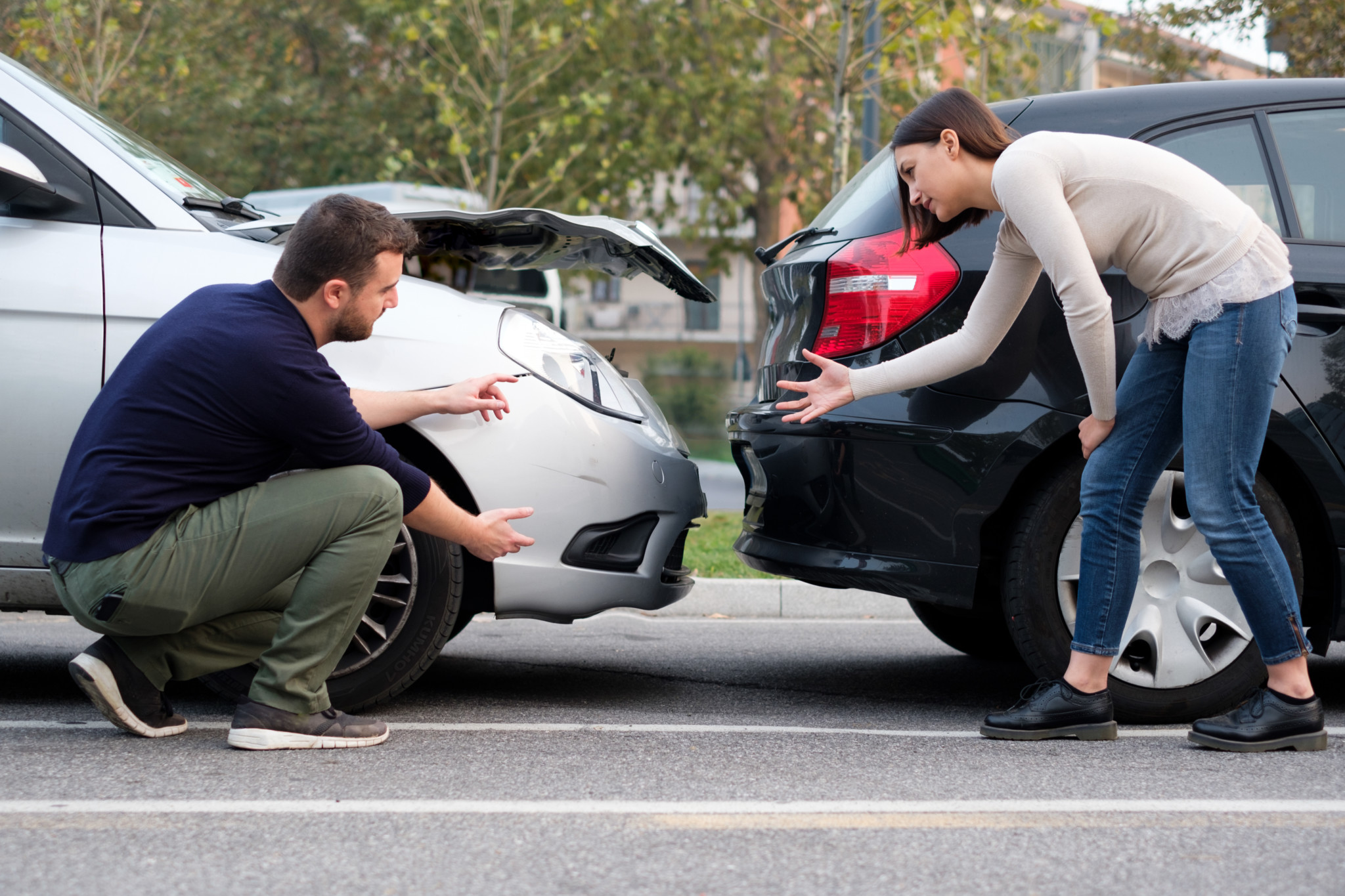You’ve been involved in an accident and you are not at fault. Now, you have to deal with someone else’s insurance company. Where do you start?

According to experts, you should first obtain the other driver’s necessary information. This includes his or her name, address and phone number; the name of his or her insurance company; his or her policy number, claims phone number and the insurance company’s address. Then you should place an initial call to the other driver’s insurance company.
While the driver at fault is responsible for informing his or her insurance company about the accident, it is also a good idea to call the insurer because motorists who cause accidents may be reluctant to report the claim.
You should inform the other person’s insurer that you have been involved in an accident with one of its policyholders, and tell them about any property damage or injuries. Relate only the facts of the accident to the insurer, even if you believe the other driver is at fault. The police will determine who is at fault, and the insurer will make its determination based on the police recommendation. Your opinion is not necessary.
Even when you feel you are not at fault, it is best to contact your own insurance company and establish your good-faith accident report. This can aid you if the other party and/or the other insurer deny responsibility for the accident. Keep in mind that the at-fault driver’s insurance company is responsible for paying you for your damages and injuries, so they may deny the accident was their customer’s fault.
The next thing you should do is get a good repair quote for your car insurance company. Do not take matters into your own hands. Notify both insurance companies involved and ask for authorization for a car insurance quote estimate of repairs and an authorization to make repairs from the at-fault driver’s insurance company.
You may also be required to get an insurance car quote for your repairs from a local garage of your choice in order for the work to be completed, as most states only allow insurance companies to recommend auto body shops, and do not allow them to force you to take your vehicle to a specific repair facility.
You should make the car insurance quote repair estimate available to the at-fault driver’s insurance company as soon as possible, and work with them to obtain the necessary authorization for repairs, which takes minimal time and effort. Taking matters into your own hands can create problems with repair payments down the road if the insurance adjuster did not authorize certain repairs.
While this is generally a smooth process, occasionally the other person’s insurer may ask for reimbursement from your own insurer, due to lack of evidence that the accident was its policyholder’s fault. For this reason, you should always obtain a police report and notify your insurer immediately after an auto accident.
If you have already obtained the police report and have notified your insurance company, this problem can be easily remedied. The police report clearly outlines who is at fault. Simply take a copy of the report to the at-fault driver’s insurer, and the repair process should start immediately. In fact, most states make it illegal for insurers to deny claims when its liability is reasonably clear; this type of misunderstanding, therefore, is usually quickly and easily resolved.
Regardless of which insurance company you are negotiating with (yours or the at-fault driver’s), maintain your cool and remember they are there to help you. Follow the insurance company’s advice, including obtaining a police report, getting a qualified insurance quote estimate for repairs, and keeping all parties involved informed and up to date.
